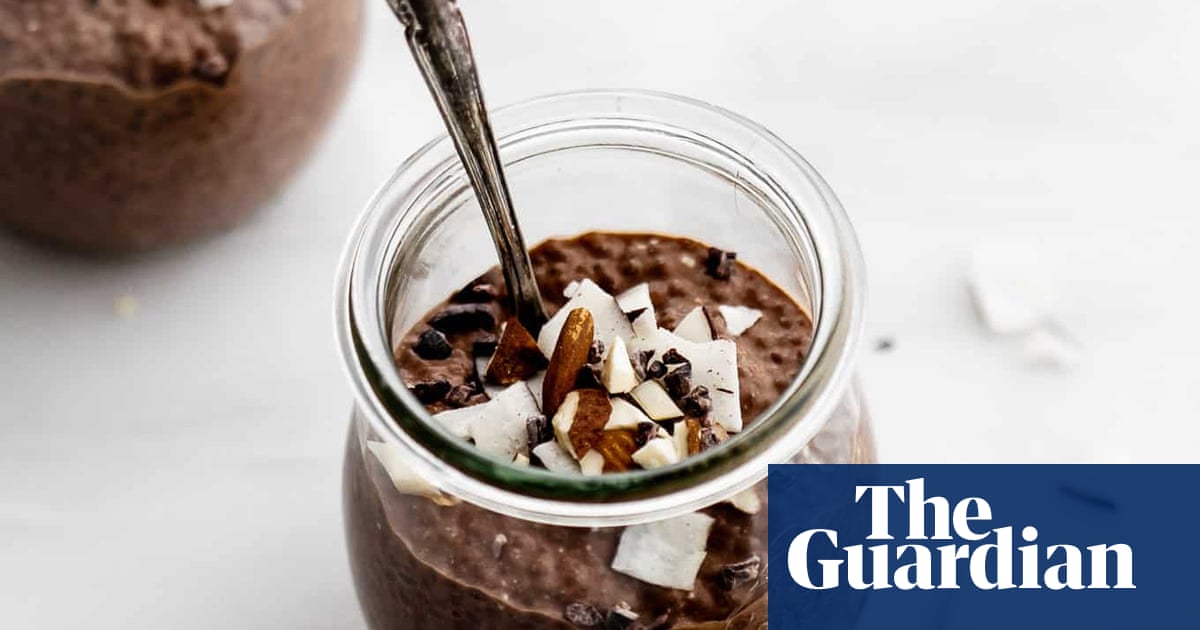As well as being a glorious thing, a well-cured ham is a generous thing, giving many times over. The first is the simmering, which Nigella Lawson describes as “a savoury clove-scented fog” filling the room, poaching the joint and creating a highly flavoured stock for later use. Then comes the second fog of roasting meat and, in the case of this recipe, the bread wrapped around it, which is an idea borrowed from a cafeteria buffet in Trieste.
There is the pleasure of ham itself, too, brought to the table, carved and enjoyed, but only up to a point. When it comes to ham, it isn’t enough to hope that there are leftovers; it is necessary to ensure that there are leftovers, for sandwiches or to go with fried eggs and thin chips. And because a little ham goes a long way, I hope for leftovers of leftovers, which can be cut into small chunks and added to ham stock and pea soup.
Ham is the hind leg of a pig above the hock joint, cured by salting, drying or smoking; some hams are ready to eat, others need cooking. Gammon, on the other hand, is the same joint as ham, but left attached to the side during bacon curing (salt or brine), and cut away afterwards. Although cured, gammon is still raw and requires cooking, after which it becomes ham.
I take Nigella’s advice when it comes to the preparation of gammon: rather than soaking to get rid of excessive saltiness, cover it with water, bring to a boil, then throw away the water before covering again with fresh water for the real simmer. I like being reminded that gammon and ham should be poached rather than hard boiled, unless, of course, the gammon is pre-soaked and ready to go. As for how much ham to cook per person, advice varies wildly (as do people’s appetites): I’d say 2kg feeds six to eight people, with enough for leftovers. Calculate how long the joint needs cooking at 30 minutes for every 500g, plus 15 minutes, so a 2kg joint needs two hours and 15 minutes at a bare simmer.
It is important to let the meat relax for least 20 minutes before carving. Then, when you do carve, it is easier to remove the top layer of bread to be able to slice the ham quite thinly, cutting right down through to the bottom – and now juicy – layer of bread. Serve, sharing out the broken chunks of bread from the top layer, alongside a pan of braised red cabbage, two types of mustard and a Cumberland-style sauce. Enjoy, ensuring leftovers.
Ham baked in bread
Serves 6-8 (and ensuring leftovers)
Roughly 2kg mild cured gammon joint (smoked or unsmoked)
5 bay leaves, 2 minced finely
20 or so peppercorns
A few cloves
1 onion
500g plain flour
10g dried yeast
10g salt
1 tbsp extra-virgin olive oil
340ml tepid water
1 egg, beaten with a little whole milk
Put the gammon in a large pot, cover with cold water and bring to a boil, then throw out all the water. Cover the joint with fresh cold water, add three bay leaves, a few peppercorns and cloves, and the onion. Simmer as calculated according to its weight, then leave to cool, or at least partially cool, in the broth. Drain, saving the broth for soup.
Mix the flour, yeast, salt and extra-virgin olive oil, then mix in the tepid water a little at a time, until you have a smooth and homogeneous dough. Cover the bowl with a shower cap or tea towel and leave to rest in a warm spot for an hour.
Roll out the dough into a 2cm-thick oval, then sprinkle it with the remaining peppercorns, crushed, and the finely minced bay leaves. Put the dry ham in the centre, then bring the dough up to wrap it completely, dabbing the edges with water or milk to seal. If you want, use any excess dough to decorate the surface.
Put the ham on a baking sheet, cover with a damp kitchen towel, and leave to rest in a warm, draught-free spot for an hour. After half an hour, heat the oven to 210C (190C fan)/415F/gas 6½.
Brush the surface with the egg and milk wash, then bake in the middle of the oven for an hour, or until the crust is golden. Remove and leave to rest for at least 15 minutes before carving; it’s easier to remove the top layer of bread to slice the ham thinly, cutting right down through to the bottom – and now juicy – layer of bread. Serve, sharing out the broken chunks of bread from the top layer.

.png) 3 months ago
42
3 months ago
42













































